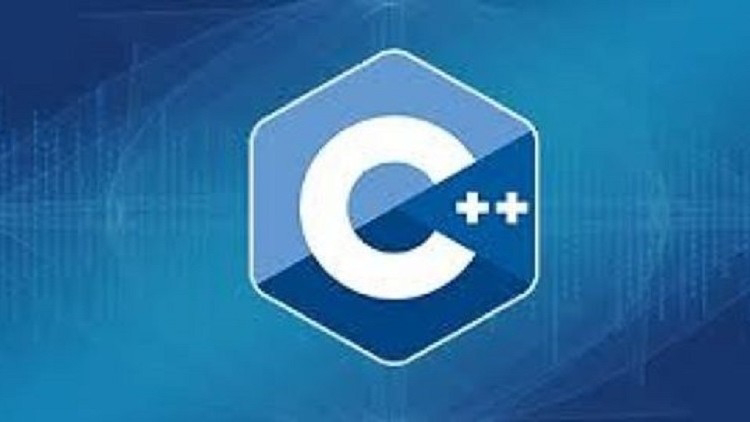Search This Blog
HELLO GUYS HERE IN THIS WEBSITE I PROVIDE FREE UDEMY SO PLEASE TRY TO ACQUIRE AS MUCH AS KNOWLEDGE AS POSSIBLE.
Featured
- Get link
- X
- Other Apps
Learn C++ From Scratch - A Hands On Course
Title: Learn C++ From Scratch - A Hands-On Course
YOU WILL GET THE COURSE LINK BELOW
Introduction: If you're interested in programming and want to learn a versatile and powerful language, look no further than C++. C++ is widely used in various industries, including software development, game development, and embedded systems. To help you kickstart your journey into the world of C++, we present a hands-on course designed to teach you the language from scratch. This blog will provide an overview of the course and explain why it's a great choice for beginners.
Chapter 1: Introduction to C++ In the first chapter, you'll learn the basics of C++, including its history, features, and applications. You'll understand how C++ relates to other programming languages and gain a solid foundation for further learning.
Chapter 2: Setting Up Your Environment Before you start coding, you need to set up your development environment. This chapter will guide you through installing the necessary tools, such as a C++ compiler and an integrated development environment (IDE). We'll recommend popular options and help you get everything up and running smoothly.
Chapter 3: Hello World and Basic Syntax In this chapter, you'll write your first C++ program: the classic "Hello World." You'll dive into the syntax of the language, learn about variables, data types, operators, and control flow structures like loops and conditionals. Through practical examples and exercises, you'll gain hands-on experience with the fundamental building blocks of C++.
Chapter 4: Functions and Objects C++ is an object-oriented programming (OOP) language. In this chapter, you'll learn about functions and how to define your own functions in C++. You'll also explore the concept of objects and classes, which form the backbone of object-oriented programming. By the end of this chapter, you'll be able to create reusable code using functions and understand the principles of object-oriented design.
Chapter 5: Pointers and Memory Management One of the key features of C++ is its ability to work directly with memory. In this chapter, you'll learn about pointers, a powerful tool for manipulating memory addresses. You'll explore how to allocate and deallocate memory dynamically, understand the concept of memory leaks, and learn best practices for managing memory effectively.
Chapter 6: Input and Output Operations No programming language is complete without the ability to interact with the user and read/write data. In this chapter, you'll learn how to perform input and output operations in C++. You'll discover how to read and write files, handle user input, and format data for display. These skills are essential for building practical applications and working with external data sources.
Chapter 7: Advanced Topics and Libraries As you progress through the course, you'll delve into more advanced topics in C++. This chapter covers topics like templates, exceptions, and the Standard Template Library (STL). You'll learn how to use these features to write more efficient and maintainable code. Additionally, you'll gain an understanding of the vast ecosystem of libraries and frameworks available in C++, which can greatly accelerate your development process.
Conclusion: Learning C++ can be a rewarding and valuable experience for aspiring programmers. By following this hands-on course, you'll acquire a solid foundation in C++ programming, from basic syntax to advanced concepts. The course emphasizes practical examples, exercises, and real-world applications, allowing you to apply your newfound knowledge immediately. So, roll up your sleeves, prepare your development environment, and embark on this exciting journey to master C++ from scratch. Happy coding!
- Get link
- X
- Other Apps
Popular Posts
Adobe Premiere Pro CC: Video Editing for Beginners
- Get link
- X
- Other Apps
CSS, JavaScript And Python Complete Course
- Get link
- X
- Other Apps

.jpeg)

Comments
Post a Comment